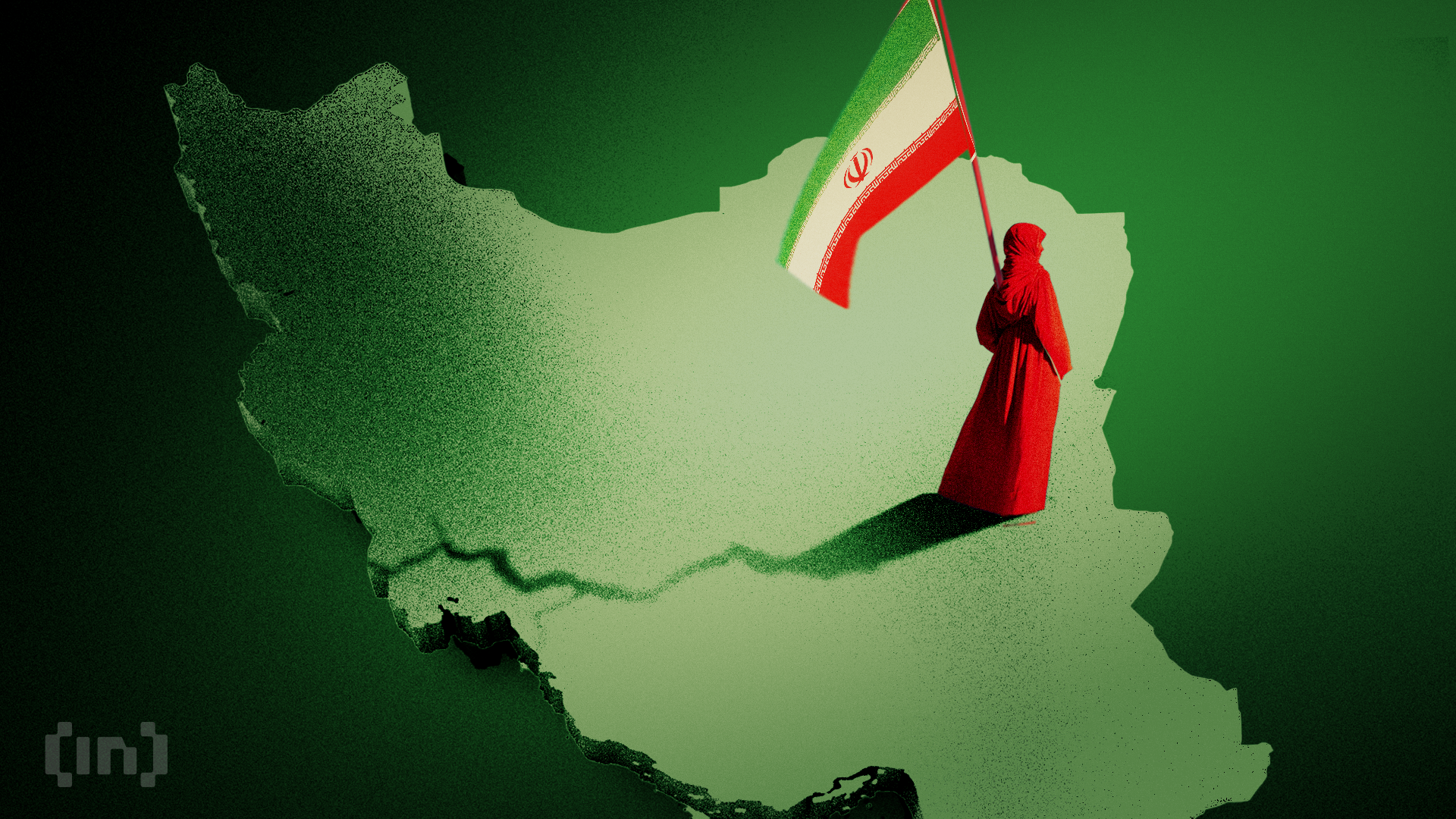In summary
- President Lukashenko said that tokenization can cut intermediaries, automate agreements and increase user control.
- Belarus has seen $ 1.7 billion in cryptographic payments this year, with $ 3 billion projected, according to Lukashenko.
- The states aligned by Russia as Kyrguistan have shown patterns similar to sanctions.
Belarusian president, Alexander Lukashenko, urges the nation’s banks to increase their use of digital assets in an attempt to mitigate the impact of western sanctions.
“Today, cryptocurrency -based transactions are more active than ever, and their role in facilitation of payments is growing,” Lukashenko said in a meeting Held on Tuesday with officials of the National Bank of the country, including the leaders of the country’s main commercial banks.
External payments through exchanges have accumulated $ 1.7 billion in the first seven months of the year, with estimates that suggest that volumes could reach $ 3 billion in December, President Lukashenko said.
He also discussed the tokenization for the financial sector, which according to him could help “minimize the presence of intermediaries, automate transactions through intelligent contracts and improve user control over assets,” according to an approximate translation of an officer of an officer. transcription.
The Head of State then urged the country’s banks to expand the use of digital assets, framing it as a response to sanctions and a way of maintaining external payments.
“The digitalization here is not for the good of digitalization, but for a real economic effect,” he added.
Babeo sanctions
The impulse in Minsk occurs when other states aligned in Moscow face similar scrutiny, with reports that detail how Russian entities have exploited The cryptographic industry of Kyrguistan to elaborate sanctions.
The country’s cryptographic, which barely existed before 2022, has grown rapidly as Russian entities continued to use it to evade sanctions.
The links date back to Russian Russian exchange closure, with Kyrgyzstan platforms that seem to operate as Shell companies, according to a report by the intelligence firm Blockchain TRM Labs.
While a 2022 law encouraged growth, volumes that reach $ 4.2 billion in mid -2024 are seen as driven by the demand for Russian, non -local users.
The European Union has tax Radical sanctions against Belarus from the disputed 2020 elections, citing systemic repression and abuses of rights under the Lukashenko government.
The measures now cover 310 individuals and 46 entities, including senior officials, state institutions and companies linked to the regime. These include travel prohibitions, asset freezing and restrictions to provide funds, and were expanded in 2022 to aim at the role of Belarus in the War of Russia against Ukraine.
The sanctions, extended until February 2026, aim to stop violence, free political prisoners and press the government for a genuine dialogue.
Daily report Information sheet
Start every day with the main news at this time, in addition to original characteristics, a podcast, videos and more.


